- Home›
- Healthy Living›
- Understanding Heart Attack: Causes And 15 Heart-Healthy Foods To Include In Your Diet
Understanding Heart Attack: Causes And 15 Heart-Healthy Foods To Include In Your Diet
By: Priyanka Maheshwari Thu, 27 June 2024 3:41:43

A heart attack, also known as a myocardial infarction, occurs when there is a sudden blockage of blood flow to the heart, leading to damage or death of the heart muscle. It is a serious medical emergency that requires immediate attention. In this article, we will explore the causes of heart attacks and provide you with a list of 15 heart-healthy foods that can promote cardiovascular health and reduce the risk of heart disease.
Causes of Heart Attacks:
Heart attacks typically occur due to a combination of factors, including:
Coronary Artery Disease (CAD): CAD occurs when the coronary arteries, which supply oxygen-rich blood to the heart muscle, become narrowed or blocked due to the buildup of fatty deposits called plaques. This process, known as atherosclerosis, can restrict blood flow and lead to a heart attack.
Blood Clots: In some cases, a blood clot can form on the surface of a plaque in the coronary artery, completely blocking the blood flow to the heart. These blood clots can develop when a plaque ruptures or when the body's clotting mechanisms are activated.
Risk Factors: Several risk factors increase the likelihood of developing CAD and experiencing a heart attack. These include:
- High Blood Pressure: Hypertension puts extra strain on the heart and can damage blood vessels, increasing the risk of heart disease.
- High Cholesterol: Elevated levels of LDL (low-density lipoprotein) cholesterol, often referred to as "bad" cholesterol, can contribute to plaque buildup and blockage in the arteries.
- Smoking: Smoking damages blood vessels, reduces oxygen in the blood, and increases the risk of blood clots, making it a significant risk factor for heart attacks.
- Diabetes: People with diabetes are at a higher risk of developing heart disease due to factors such as high blood sugar levels and increased risk of high blood pressure and cholesterol.
- Obesity: Excess weight and obesity are associated with various risk factors for heart disease, including high blood pressure, high cholesterol levels, and diabetes.
- Family History: Having a family history of heart disease can increase the risk of developing CAD and experiencing a heart attack.
- Age and Gender: The risk of heart attacks increases with age, and men are generally more susceptible to heart disease than premenopausal women. However, after menopause, the risk for women increases as well.
- Lifestyle Factors: Unhealthy lifestyle choices can contribute to the development of heart disease and increase the risk of heart attacks. These include:
- Unhealthy Diet: A diet high in saturated and trans fats, cholesterol, sodium, and processed foods can raise the risk of heart disease.
- Lack of Physical Activity: Sedentary behavior and a lack of regular exercise can contribute to weight gain, high blood pressure, and other risk factors for heart attacks.
- Chronic Stress: Prolonged and unmanaged stress can affect heart health by raising blood pressure, increasing heart rate, and promoting unhealthy behaviors.
- Excessive Alcohol Consumption: Drinking excessive amounts of alcohol can raise blood pressure and contribute to the development of heart disease.
- Illicit Drug Use: Certain drugs, such as cocaine or amphetamines, can trigger heart attacks by constricting blood vessels or causing irregular heart rhythms.
15 Heart-Healthy Foods to Include in Your Diet:
Maintaining a heart-healthy diet is crucial for reducing the risk of heart disease and promoting overall cardiovascular health. Here are 15 foods that you should consider incorporating into your diet:

# Fatty Fish
Fatty fish, such as salmon, mackerel, and sardines, are excellent sources of omega-3 fatty acids. These healthy fats can help lower triglyceride levels, reduce inflammation, and decrease the risk of heart disease.

# Berries
Berries, including blueberries, strawberries, and raspberries, are rich in antioxidants, fiber, and vitamins. They can help reduce oxidative stress, improve blood vessel function, and lower the risk of heart disease.
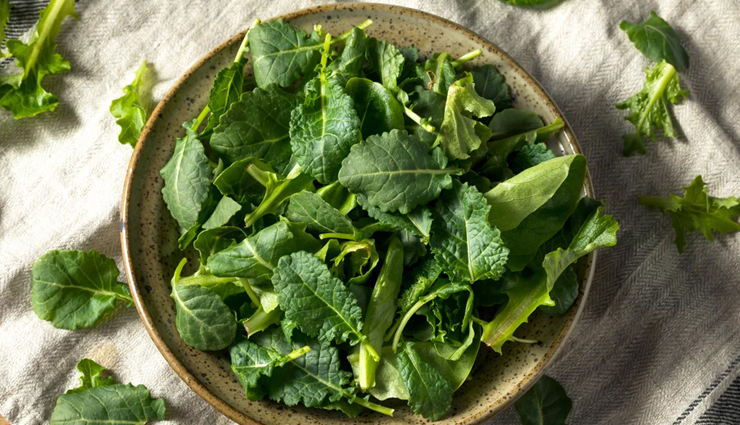
# Leafy Green Vegetables
Leafy greens like spinach, kale, and Swiss chard are packed with essential vitamins, minerals, and antioxidants. They are low in calories and high in fiber, which can help lower cholesterol levels and maintain a healthy heart.
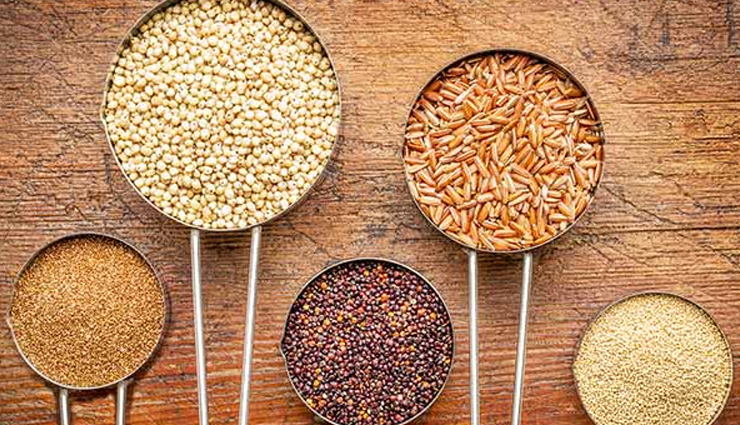
# Whole Grains
Incorporating whole grains like oats, brown rice, quinoa, and whole wheat bread into your diet provides fiber, B vitamins, and minerals. Whole grains have been associated with a reduced risk of heart disease and can help regulate blood pressure.
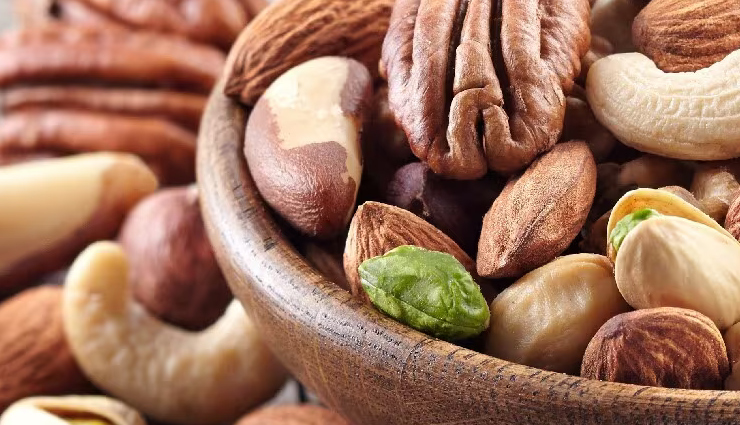
# Nuts
Almonds, walnuts, pistachios, and other nuts are rich in heart-healthy fats, fiber, and antioxidants. Regular consumption of nuts has been linked to lower levels of LDL (bad) cholesterol and a reduced risk of heart disease.
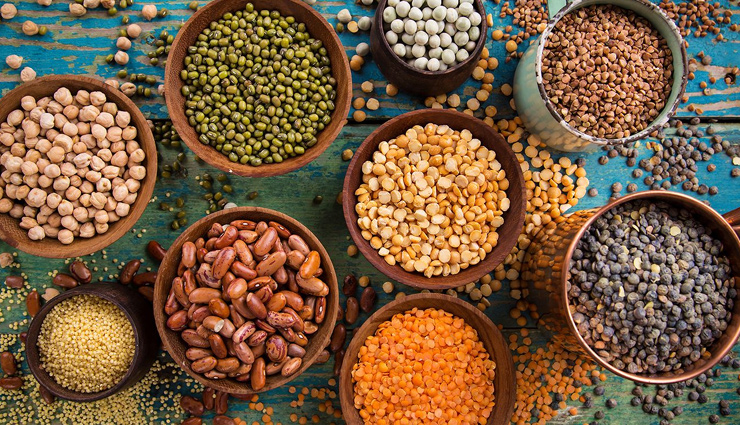
# Legumes
Legumes, such as lentils, chickpeas, and beans, are excellent sources of plant-based protein, fiber, and minerals. They can help lower cholesterol levels, manage blood sugar levels, and promote heart health.
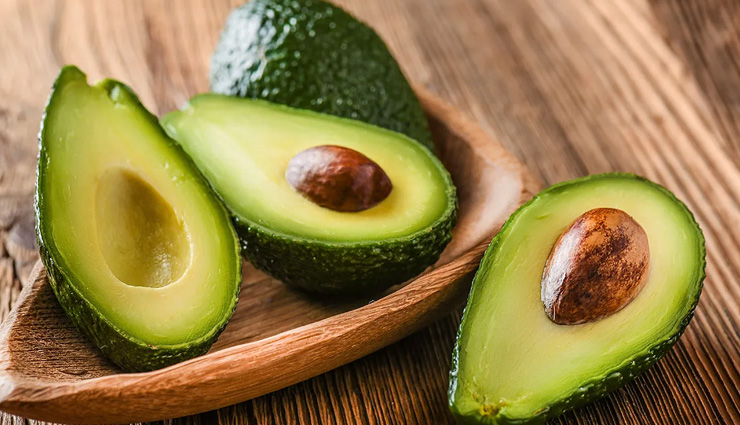
# Avocados
Avocados are packed with monounsaturated fats, which can help lower LDL cholesterol levels. They also provide essential nutrients, including potassium, fiber, and antioxidants, supporting heart health.

# Tomatoes
Tomatoes are rich in lycopene, an antioxidant that can help reduce the risk of heart disease. They also contain vitamin C, potassium, and fiber, making them a heart-healthy addition to your diet.

# Dark Chocolate
Dark chocolate with a high cocoa content (70% or more) contains flavonoids, which have antioxidant properties. Consuming dark chocolate in moderation can help improve blood flow, lower blood pressure, and reduce the risk of heart disease.

# Green Tea
Green tea is rich in antioxidants called catechins, which can improve heart health by reducing inflammation and lowering cholesterol levels. Regular consumption of green tea has been associated with a lower risk of heart disease.
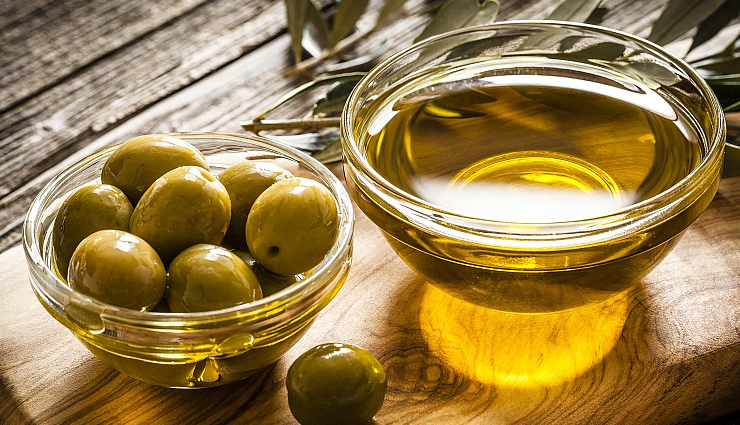
# Olive Oil
Olive oil is a staple of the Mediterranean diet, known for its heart-protective benefits. It is a healthy source of monounsaturated fats and antioxidants that can help lower LDL cholesterol and reduce the risk of heart disease.
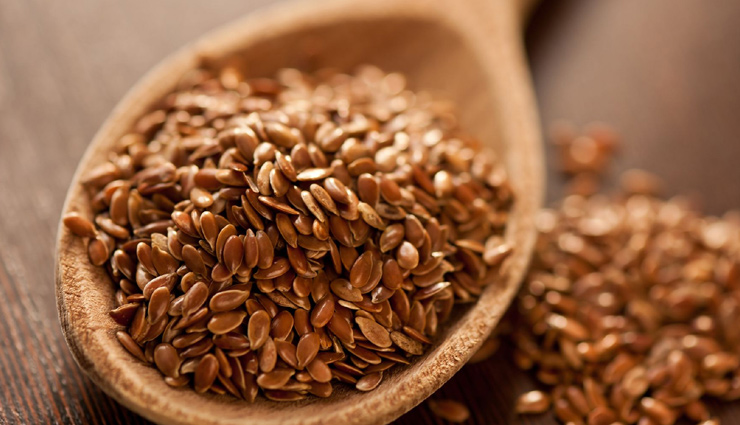
# Flaxseeds
Flaxseeds are an excellent plant-based source of omega-3 fatty acids, fiber, and antioxidants. Adding flaxseeds to your diet can help lower cholesterol levels and promote heart health.
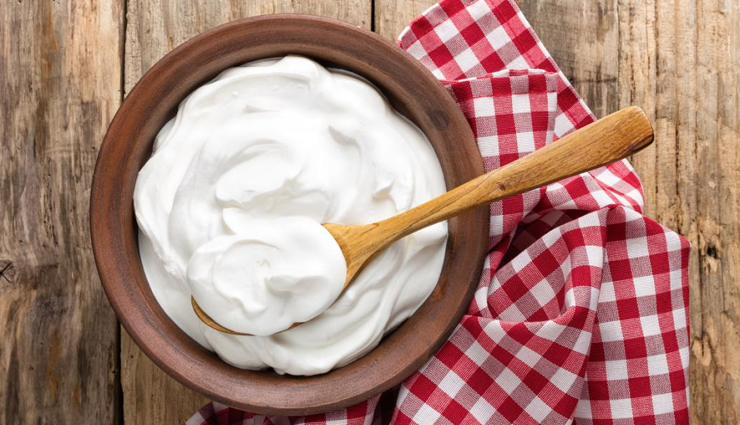
# Yogurt
Yogurt, especially the low-fat or Greek varieties, is a good source of protein, calcium, and probiotics. Incorporating yogurt into your diet can help maintain healthy blood pressure and reduce the risk of heart disease.
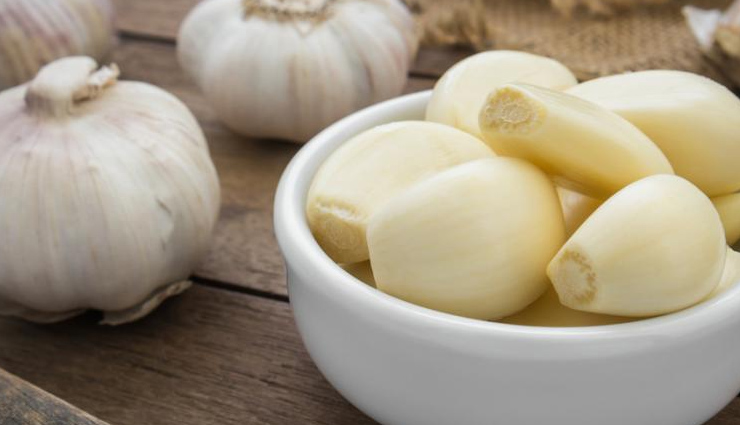
# Garlic
Garlic contains compounds that have been shown to promote heart health. It can help lower blood pressure, reduce cholesterol levels, and improve blood circulation.
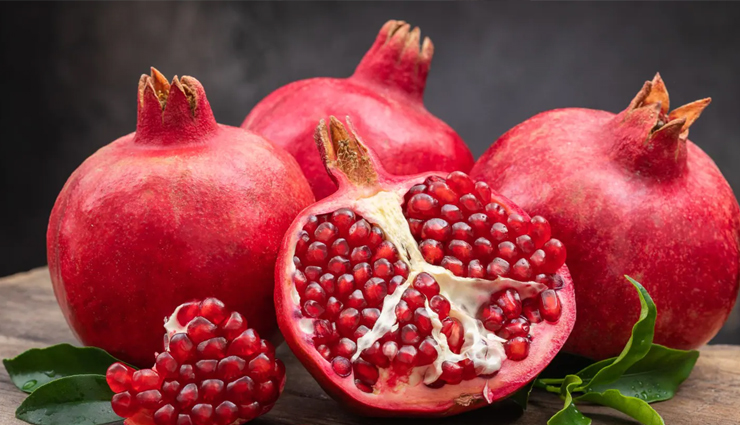
# Pomegranates
Pomegranates are packed with antioxidants, particularly polyphenols, which can help lower blood pressure, reduce inflammation, and improve overall heart health.
Note: Remember to consult with a healthcare professional or registered dietitian for personalized dietary recommendations based on your specific needs.





